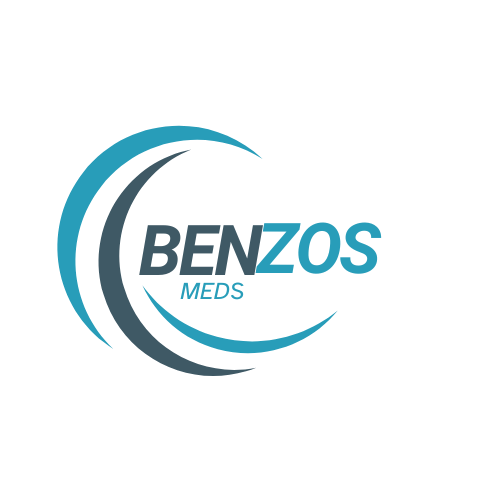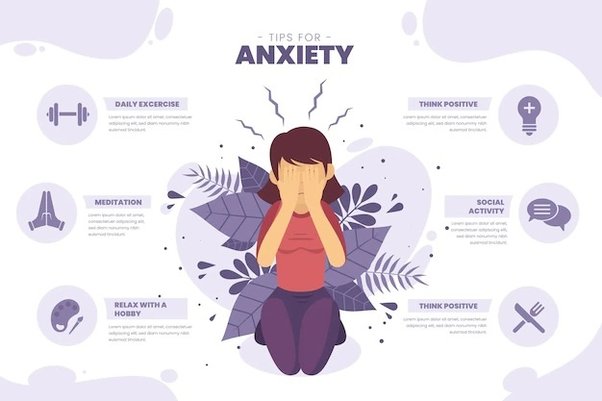News insight
Stand to fight against ADHD. Ritalin is the best treatment for ADHD.
Facing ADHD can feel daunting, but taking a stand is the first step toward empowerment. Understanding the disorder is crucial. Knowledge equips individuals and families to tackle its challenges head-on.
Support systems play a vital role in this journey. Connecting with others who share similar experiences fosters resilience and offers practical strategies for daily life. Peer groups, support networks, or online forums provide safe spaces to express concerns and celebrate victories.
Advocacy also matters. Raising awareness about ADHD reduces stigma and promotes understanding within communities. Schools, workplaces, and healthcare providers need to recognize the needs of those affected by ADHD.
Lifestyle adjustments contribute significantly too. Establishing routines and incorporating exercise can enhance focus while reducing impulsivity at home or school settings. Each small change builds momentum in fighting against the obstacles posed by ADHD, paving the way for a brighter future filled with potential.
Ritalin has become a cornerstone in the treatment of ADHD. For many, it offers clarity and focus that can seem elusive otherwise.
This medication works by balancing neurotransmitters in the brain. It helps individuals manage symptoms like impulsivity and inattentiveness. Patients often report feeling more in control of their thoughts and actions.
The effectiveness of Ritalin is backed by numerous studies. Many healthcare professionals recommend it as a first-line treatment option for both children and adults struggling with ADHD.
However, it’s essential to approach this medication under medical guidance. Each person’s response may vary, requiring tailored dosages or alternative treatments down the line.
Open dialogue between patients and doctors ensures the best outcomes. With proper management, Ritalin can significantly improve daily functioning for those impacted by ADHD.

